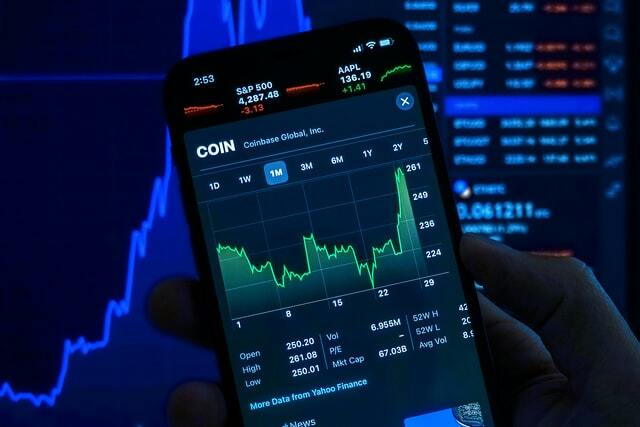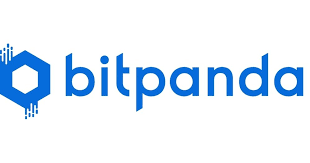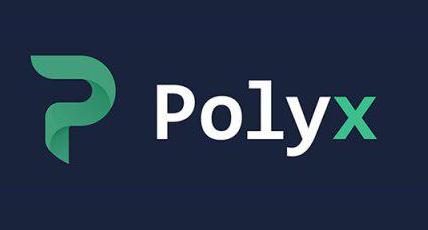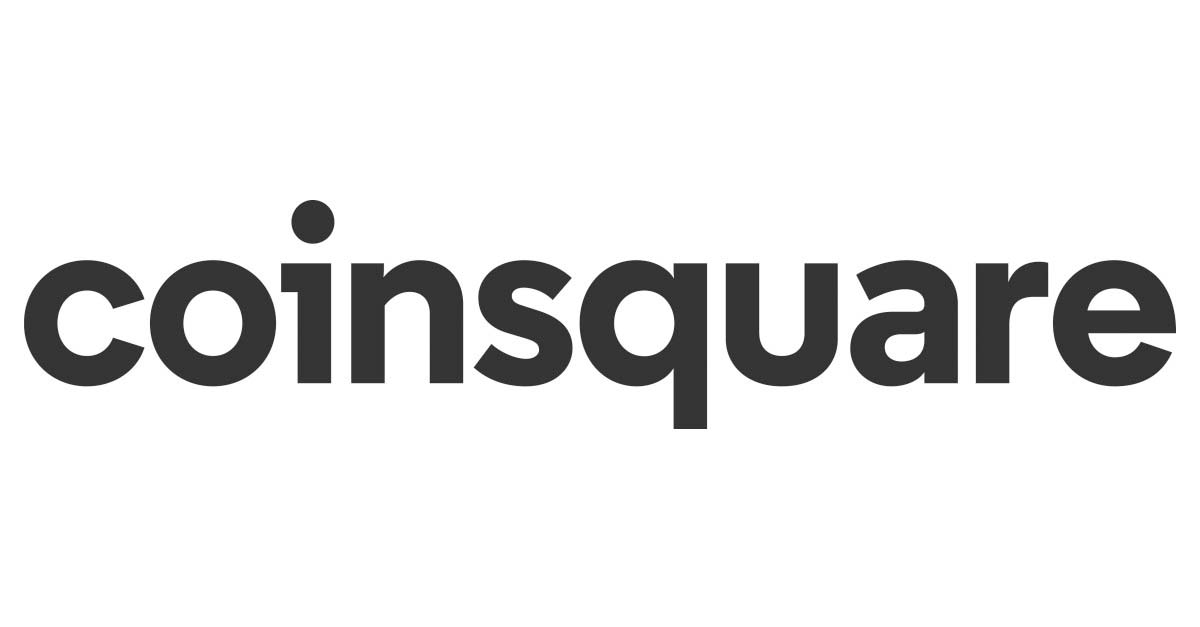Clara's best Crypto Exchanges.
What is a crypto exchange?

There are also investing apps like Robinhood and neo banks like Revolut that offer access to some cryptos but typically don't offer the ability to send these cryptos to an outside wallet.
How do crypto exchanges work?
Unfortunately not every exchange offers support for every coin, so you may need to send Bitcoin from multiple exchanges.
How many crypto exchanges are there?
Do crypto exchanges allow top up by card?
Many exchanges will allow a bank transfer which is cheaper, albeit a bit slower, you can also use sites like LocalBTC to buy Bitcoin directly from people in your home country and have that Bitcoin sent to a Crypto Wallet. (See our Crypto Wallet page to understand which wallet suits your needs.)
Which crypto exchanges that allow shorting?
Currently it's possible to purchase and sell prospects contracts on 16 digital currencies: Bitcoin, Ethereum, Ripple, EOS, NEO, Binance, Litecoin, Stellar, Cardano, IOTA, Monero, NEM, ICON, Elastos, Decred, Digibyte, all agreements are against Tether USD.
We recommend you don't short cryptos unless you have a lot of experience trading financial instruments.
What are the top crypto exchanges?
In saying that some of the most renowned exchanges are Coinbase Pro, Binance, Bittrex and Kraken. However depending on your needs there are exchanges with less cryptos that may be better for you. Check our comparisons above.
What are Binances Fees?
Binance fees and other crypto exchanges fees can be found above in our comparison list.
Is Binance safe?
Any hot wallet (a crypto exchange where you store crypto) is susceptible to a hack, so we recommend unless trading you move your currencies into a hardware or paper wallet. You can follow our guide here.
Binance vs Coinbase
Coinbases trading fees can be as high as 1% versus Binance's 0.1%. Both charge around the same withdrawal fee (to take cash out of the exchange.)
Bottom Line:
Coinbase has a simpler interface and accepts Fiat currencies, so we recommend Coinbase for those with less experience.
Binance has cheaper fees and with more offerings and so we recommend this for the more experienced trader.
Binance vs Kraken
Binance has more cryptos on their exchange, around 150 versus Kraken's 40. Only Binance explicitly says they'll cover loses due to hacking but Kraken has been known to in the past. However Kraken keeps 95% of its users funds in Cold Storage which is a super useful security mechanism meaning, that 95% of your funds are very well protected.
Kraken fees are 0.26% versus Binance's 0.1%.
Bottom Line:
Binance is cheaper with more currencies, but Kraken is a well respected and used platform with a great interface and a solid track record.
Bittrex vs Binance
Bittrex has more cryptos on their exchange, around 250 versus Binance's 150. Binance explicity notes it covers user funds that are hacked and Bittrex has a 300M insurance policy over user held funds.
Bittrex fees are 0.2% versus Binance's 0.1%.
Bottom Line:
Binance is cheaper with fewer currencies, Bittrex is a more advance platform with more features and cryptos and is probably better for a more advanced trader who wants access to more trading options.
What are Gemini fees?
You can find Gemini's full schedule of fees here.
Coinbase vs Gemini
Coinbase has more cryptos on their exchange, around 50 versus Gemini's 18. Both cover user funds if hacked, Gemini has 200M insurance to cover user funds.
Coinbases trading fees are 1% versus Gemini's 0.35%.
Bottom Line:
Coinbase has more currencies but costs a bit more, Gemini's interface is second to none is a great platform and set up by the Winklevoss twins.
Coinbase vs Robinhood
Coinbase has more cryptos on their exchange, around 50 versus Robinhood's 7. Both cover user funds if hacked.
Coinbases trading fees are 1% versus Robinhood's 0%.
Bottom Line:
Coinbase has more currencies but comes with a cost, Robinhood is more an investing app with some cryptos for sale, but they sell them without commission, Robinhood doesn't allow cashing out of cryptos either.
Coinbase vs Kraken
Coinbase has more cryptos on their exchange, around 50 versus Kraken's 40. Only Coinbase explicitly says they'll cover loses due to hacking but Kraken has been known to in the past. However Kraken keeps 95% of its users funds in Cold Storage which is a super useful secritty mechanism meaning, that 95% of your funds are very well protected.
Coinbases trading fees are 1% versus Kraken's's 0.26%.
Bottom Line:
Coinbase has more currencies but comes with a cost, Kraken is a well respected and used platform with a great interface and a solid track record and is better for those trading more actively as they have much lower fees.
View moreView less
Bitpanda is a fintech, founded in 2014, which originates from Vienna, Austria. It is available in United States, but only in states which by state regulation allow cryptocurrencies and crypto trading. It currently has around 1.2 million users and more than 190 users. For every trade a client pays a standard fee of 1.49%. Additionally, a client pays fees to store currencies.
Visit websiteView moreView less
Polyx is a cryptocurrency exchange registered in Estonia. It is the most focused on European clients. Fees for makers and takers are fixed at 0.1%. The platform can be used only by adults aged 18+. If you have your own coin, Polyx provides a form that you can fill out and possibly trade on Polyx platform.
Visit websiteView moreView less
Coinsquare is a cryptocurrency trading platform that originates from Canada. You can fund your cryptocurrency account by USD and CAD with zero or minimum fees. For a wealthy individuals that own more than USD 25,000 of cryptocurrencies can get a special service to manage their wealth.
Visit website



